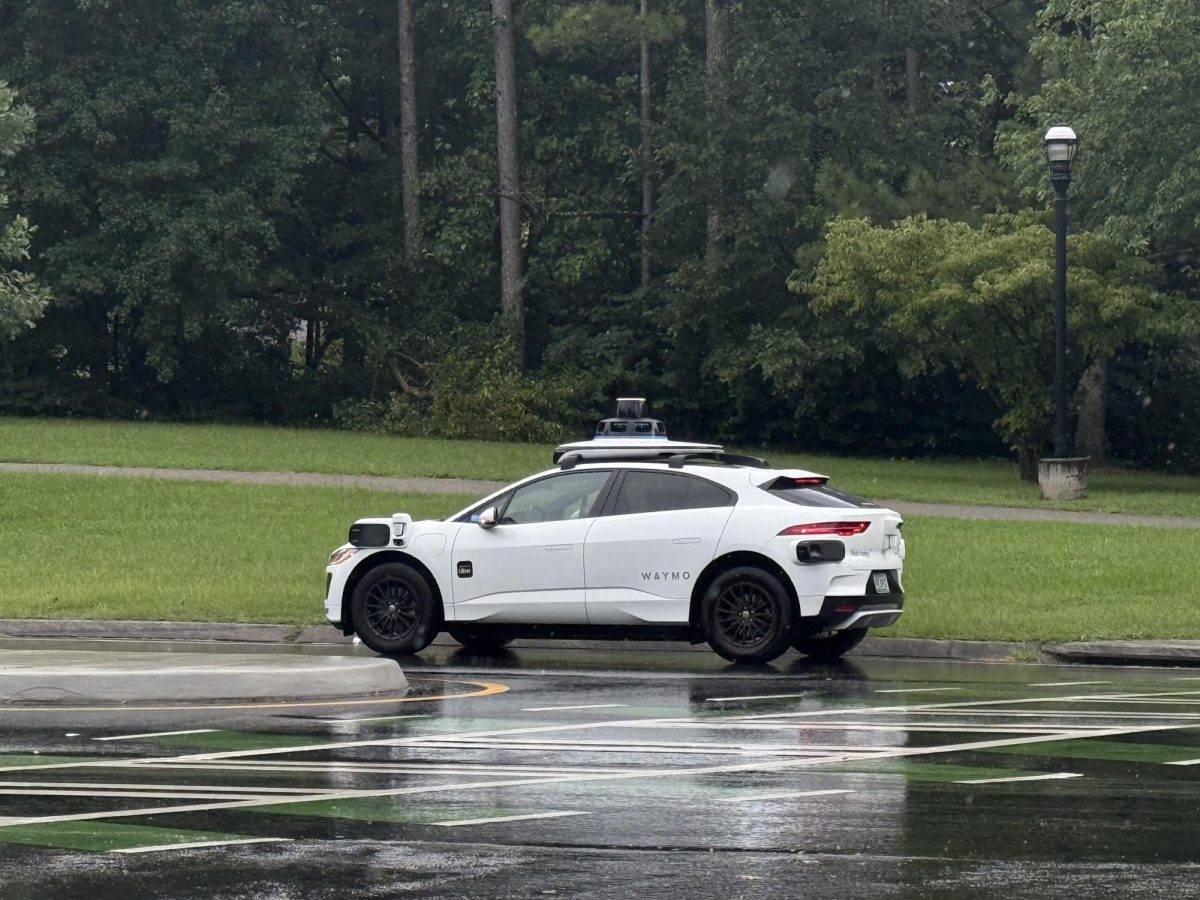I know how to translate a supine in Latin, measure instantaneous velocity and sew in a zipper. Unfortunately, all of this knowledge will go to waste; I’m almost certain that I will be jailed at some point in my twenties for unknowingly evading taxes.
Although I’ll soon be financially independent, I don’t know how to pay bills, balance a checking account, invest money or plan for my retirement. What is a 401K? IRA? Roth account? I have absolutely no idea.
Certainly, school has provided me with the cognitive and analytical skills necessary to be an inquisitive adult; this is exactly why I question the absolute lack of personal finance classes in high schools.
Students need to learn how to save and invest their money. A 2013 poll from the Harris Institute found that a whopping 99 percent of adults believe high school students ought to take personal finance, a course that is a mandatory graduation requirement in only four states. While Georgia’s economics standards encompass a degree of personal finance instruction by touching upon topics such as insurance and credit, the semester-long course’s brevity prevents students from walking away with a true understanding of how to manage their money. Though the AP Economics course delves deeper into economic theory, it doesn’t cover personal finance at all.
The traditional view is that parents and guardians ought to be the ones who teach their children about personal finance, but this unfortunately leads to a smattering of unequal pools of knowledge. This means that the kid whose parents are accountants is going to enter adulthood with vastly more refined knowledge about money management than the rest of us. There ought to be a set of standards that ensures high school students graduate with at least a basic understanding of how to manage their money.
Personal finance is not something standardized test writers deem important; perhaps this is why it hasn’t found its way into our curriculum. Unfortunately, the negative consequences of this hole in our education are farther reaching than a poor Milestone test score — without an understanding of personal finance, students are liable to make poor economic decisions as adults.
This topic exemplifies the paradox of choice: although I’m sure everything I’ll eventually need to know about money is just one Google search away, there are simply so many different types of accounts and taxes and ways to invest that I don’t know where to turn first.
By implementing a mandatory personal finance class, schools would ensure that students enter adulthood with an understanding of both their economic duties as U.S. citizens and of the different outlets for investment. Students who go to college after high school would have a baseline understanding of finance on which they could eventually build; those who directly enter the workforce wouldn’t have to scramble to make up for a lack of knowledge in this arena.
While courses that aren’t directly applicable to everyday life are certainly valuable, an education system that downplays practical courses is fundamentally flawed. My peers and I want to be functioning members of society, an impossible feat without a basic understanding of personal finance. p






